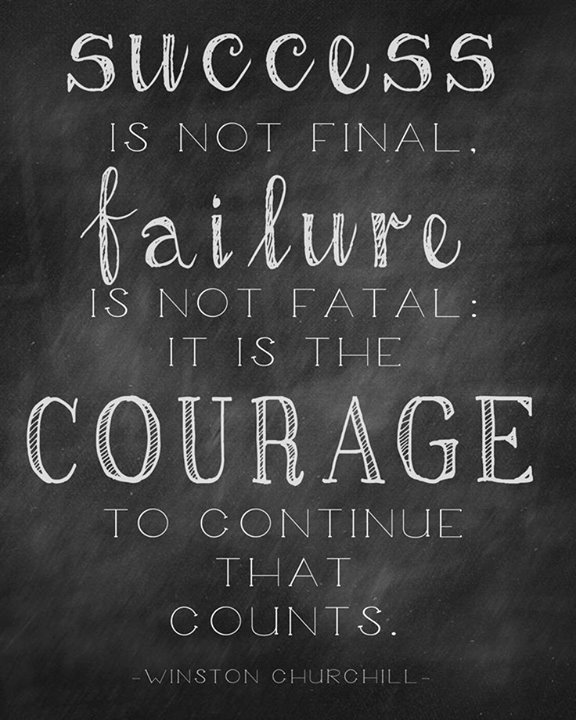If you’ve made a mistake in your life, raise your hand…great. If you’ve learned something from your mistakes, leave your hand up…great! If you’ve used what you’ve learned from your mistakes to prevent it from happening again, keep your hand up…great! If you’ve used what you’ve learned from your mistakes and applied it to a whole different situation, great, that’s learning agility. The Society for Industrial & Organizational Psychology uses the following to define learning agility:
Learning agility refers to a person’s desire and ability to learn from experience, and to then apply their learning to other situations
Generally speaking, people who have a greater ability for learning agility take more control over their own learning by finding opportunities to grow, requesting feedback about their work, and consistently engage in self-reflection and evaluation regarding their work and careers.
So where is this leading you might ask? Let’s look at mistakes and errors as a starting point. Mistakes imply a misconception or inadvertence and usually expresses less criticism than an error. An error suggests a standard or guide exists and not making effective use of this, instead straying from the right course resulting in failure. Regarding the error, the standard or guide may be written, verbally agreed to, or perhaps an unwritten, unspoken cultural norm that exists. The key to mistakes and errors is that we learn from them and leverage that experience for other situations. This requires that we have the courage to take risks, be creative and innovative and know that we might fail.
Which leads me to humility.
Humility by definition is the quality or state of not thinking you are better than other people : the quality or state of being humble. If one believes that they are better than other people, they also are inclined to believe that they do not make mistakes or errors. We all know someone who has never backed down for fear of being perceived as weak or dismissing others ideas just because the it’s not aligned with their ideas for fear of being wrong or dismissing valid performance feedback for fear of actual self-reflection. To overcome fear Bill Treasurer, author of Courage Goes to Work, proposes a bold antidote: courage. Courage is not fearlessness, in fact it is being fearful and being able to overcome that fear. When someone says “that was a humbling experience” they are saying “before that situation I felt I was better than the other people involved and now I don’t.” They overcame their fears of self-reflection. When practiced often this can lead to higher learning agility. So, those people that we know, who fear making mistakes and errors, who lack humility, must learn to have courage first to overcome whatever it is they fear.
Whether we make a mistake, commit an error, or even fail at something, it’s imperative that we recognize we have a choice to learn from the situation. To actually learn and apply it to a new situation, we must overcome our fears by demonstrating humility and courage.
Nothing happens until something moves.
